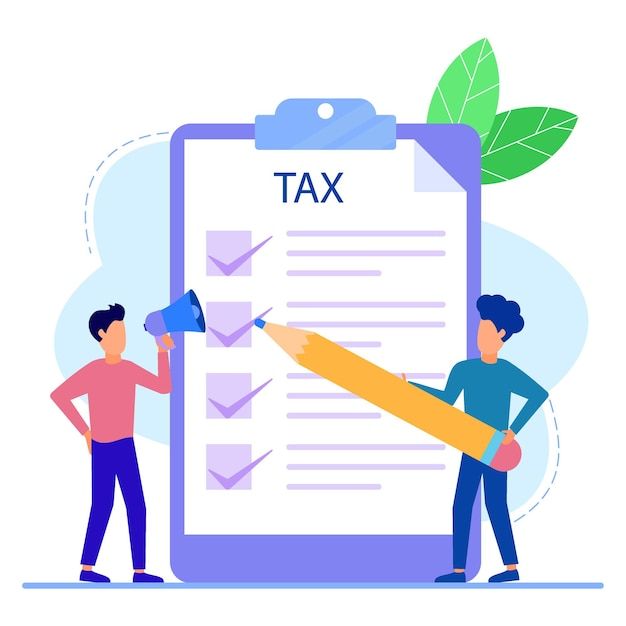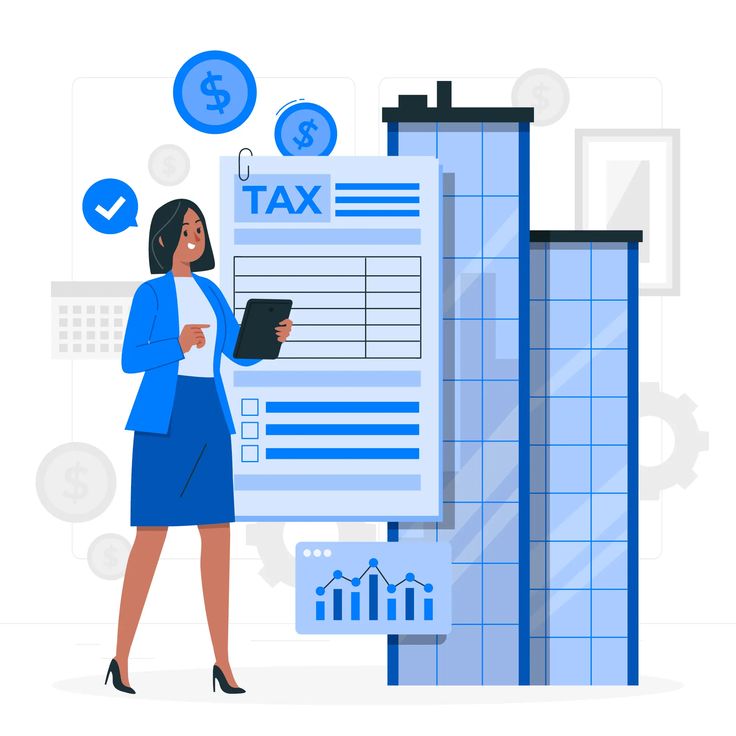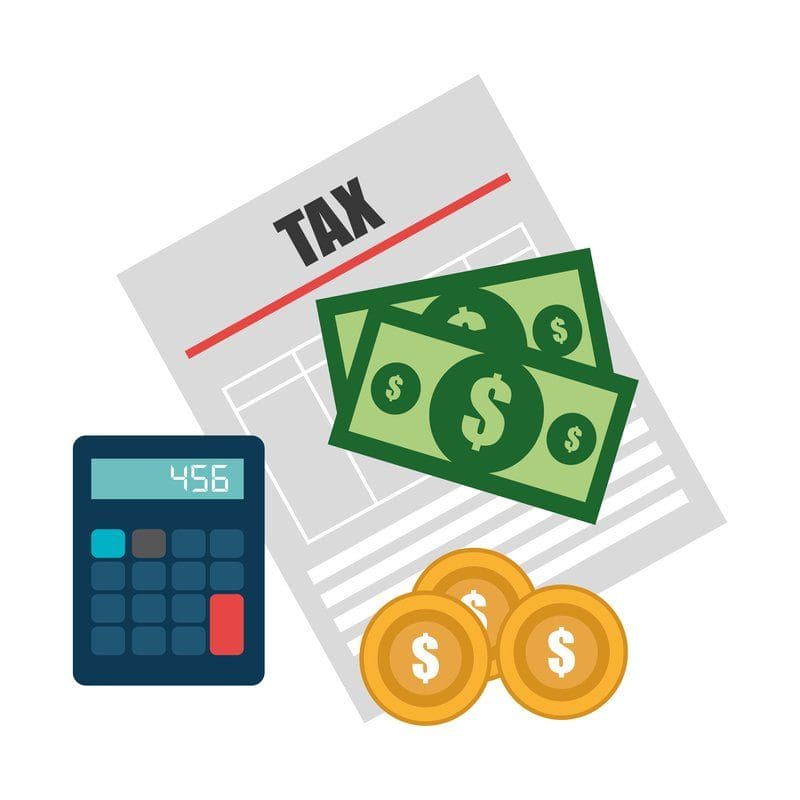Navigating the Swiss tax system can feel complex, with its layered structure of federal, cantonal, and municipal taxes. Whether you are a long-term resident or a recent expat arrival, understanding the core principles is key to compliance and potential savings.
This general guide simplifies the essential steps for your annual Tax Declaration Switzerland, offering clear and actionable advice.

The Foundation: Understanding Your Tax Status
The first step in any Swiss tax journey is clarifying your residency and permit status, as this dictates how you are taxed.
Residents and the Standard Declaration
If you are a Swiss citizen, hold a C permit, or are married to a Swiss citizen or C permit holder, you are typically assessed under the ordinary assessment system. This means you must file a full annual Tax Declaration Switzerland detailing your worldwide income and assets. This includes any bank accounts, investments, and property held both in Switzerland and abroad.
Expats and Withholding Tax
Many foreign nationals who do not hold a C permit are subject to withholding tax (or Quellensteuer), which is deducted directly from your salary by your employer each month.
- A Crucial Tip for Expats: Even if you pay withholding tax, you may have the option to file a regular tax return to claim deductions, especially if your income exceeds a certain threshold or if the majority of your family’s income is taxable in Switzerland (known as quasi-residency). Filing a return can often be beneficial, potentially leading to a tax refund.

Organisation is Your Best Deduction
The Swiss tax return is a meticulous process, heavily reliant on complete and accurate documentation. Start gathering your paperwork early—good organisation is half the battle won.
Essential Documents to Prepare
Before you begin the process, ensure you have these key papers:
- Salary Certificate (Lohnausweis): This comprehensive document from your employer is the central piece of your income declaration.
- Bank and Investment Statements: You will need the year-end balance and details of all interest and dividends earned.
- Retirement Savings Proof: Certificates for voluntary contributions to your third pillar (Pillar 3a) are essential, as these are one of the most powerful deductions.
- Receipts for Deductions: Keep records for all eligible expenses, such as work-related travel costs, certain medical bills, and charitable donations to recognised Swiss institutions.

Maximise Your Savings: Claiming Deductions
Swiss tax law offers a generous number of deductions, though the exact amounts and rules can vary significantly between cantons. Being thorough here can make a substantial difference to your final tax bill.
- Professional Expenses: You can typically deduct costs related to your job, such as commuting costs (public transport passes or certain car expenses) and the cost of meals when you cannot return home for lunch.
- Pension Contributions: Contributions to the voluntary, tied pension plan, Pillar 3a, are fully deductible from your taxable income up to the legal maximum. This is an excellent way to save for retirement while reducing your current tax burden.
- Insurance and Health: A flat-rate deduction is available for health and accident insurance premiums. You can also deduct high, un-reimbursed medical expenses that exceed a set percentage of your income.
- Family Support: Deductions are available for each dependent child and, importantly, for external childcare costs if both parents are working.
Navigating Deadlines and Filing Software
The standard deadline for the Tax Declaration Switzerland is typically in the spring of the following year (e.g., late March for the previous tax year).
- Requesting an Extension: If you need more time, apply for an extension immediately! In most cantons, this process is simple and can be done online, granting you several extra months.
- Digital Filing: Virtually all cantons provide excellent, free online software (often called ‘e-Tax’) for completing your return. Using the official software is highly recommended, as it guides you through the process, performs calculations, and flags errors.

Engaging a Tax Advisor: When to Seek Expert Help
While the process is clear for straightforward cases, complexity is common in Switzerland. Hiring a qualified tax advisor is highly advisable if you encounter any of the following situations:
- Expat-Specific Issues: You are a new arrival, want to file a retrospective ordinary assessment, or have special expat lump-sum deductions to claim.
- International Complexity: You have significant assets, investments, or income sources outside of Switzerland.
- Home Ownership: You own Swiss real estate, as managing mortgage interest and maintenance deductions adds complexity.
- Self-Employment: You run your own business or are a freelancer, requiring different forms and rules.
A professional advisor ensures full legal compliance, identifies every available deduction, and helps you structure your finances to be tax-efficient in the years to come.
Concluding the Swiss Tax Declaration
Mastering your Tax Declaration Switzerland is achievable through early organization and a sharp focus on deductions. Whether you’re a long-term resident managing worldwide income or an expat navigating withholding tax, compliance with federal, cantonal, and municipal rules is mandatory. Leverage online filing tools and maximize savings through contributions like Pillar 3a. For complex situations involving foreign assets or business income, consulting a tax advisor is the most secure way to ensure accuracy and tax efficiency.


